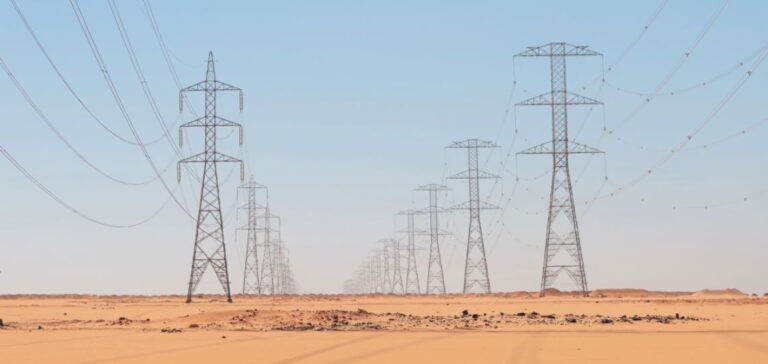Senegal has unveiled a strategic plan aimed at achieving universal electricity access by 2030. Currently, the national electrification rate stands at 84%, but disparities persist between urban and rural areas. The National Energy Pact aligns with the Operational Plan for Universal Access SEforALL and the United Nations’ Sustainable Development Goal 7, with the goal of providing electricity to an additional 6.6 million people.
A structured plan for sustainable electrification
This programme also aims to increase the share of renewable energy to 40% of the energy mix and to facilitate access to modern cooking solutions for 15.8 million people. To finance these objectives, the Senegalese government plans to mobilise $2.3 billion in private sector investments.
Strategic pillars of the National Energy Pact
The project is based on five key pillars. First, modernising energy infrastructure is crucial to stabilising the grid and ensuring a more efficient distribution. Regional integration, through enhanced cross-border electricity trade within the Economic Community of West African States (ECOWAS), is another critical component.
Additionally, the development of decentralised renewable energy (DRE), particularly solar mini-grids, aims to strengthen rural electrification. The plan also includes incentives for private sector participation through concessions and targeted subsidy mechanisms. Finally, the financial viability of the National Electricity Company of Senegal (SENELEC) must be reinforced by optimising costs and gradually reducing public subsidies.
A financial and logistical challenge
While Senegal has one of the highest electrification rates in West Africa, significant disparities remain among households. In urban areas, access stands at 97.1%, compared to 64.5% in rural areas. Moreover, only 17.4% of the poorest households have access to electricity, compared to 94.5% of the wealthiest.
The implementation of the National Energy Pact will need to address these inequalities while securing the necessary funding. Private sector engagement and energy mix diversification will be crucial to achieving the targets set for 2030.






















